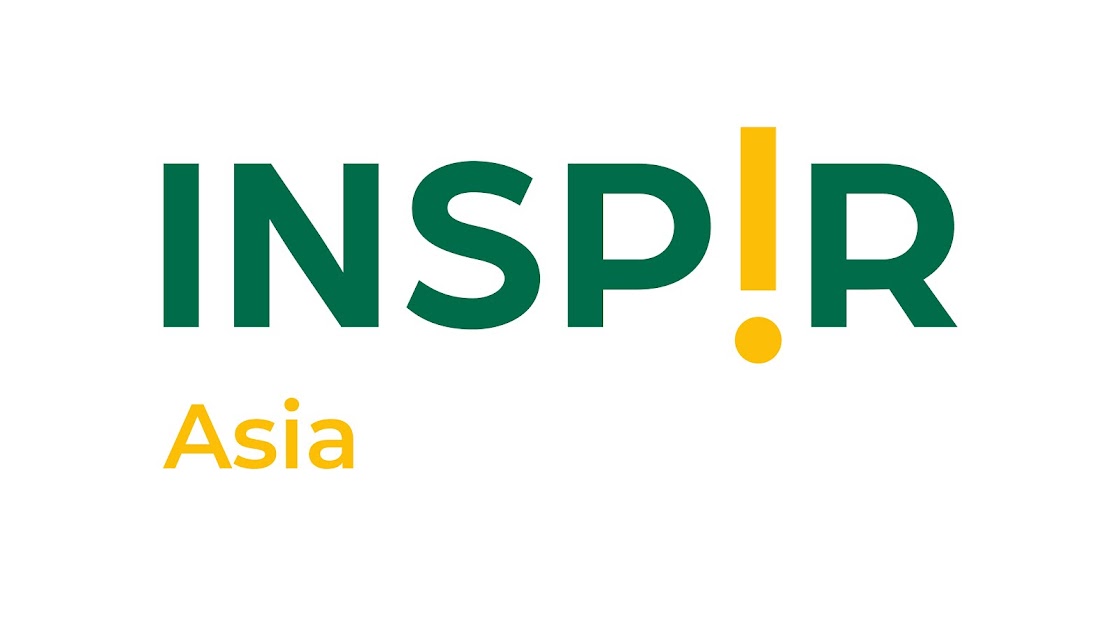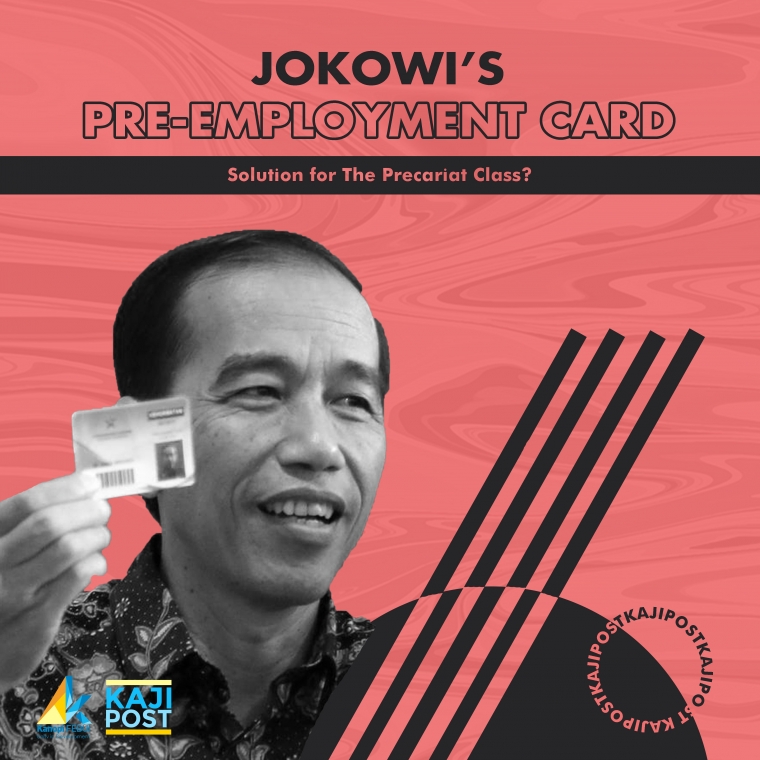The situation in India is extremely bad for internal migrants and the informal workers WSM partners are working with (domestic workers, daily wage earners, construction workers and agricultural workers). Current lock-down measures in India, which are at the high end of the
University of Oxford’s COVID-19 Government Response Stringency Index, have impacted these workers significantly, forcing many of them to return to rural areas. There are no transport facilities and no economic backups to meet their daily needs. Unorganized workers are walking hundreds of kilometers to their homes. Also, the crisis-ridden livelihoods of farmers have been completely ignored. Although the Indian government had announced an aid package for the unorganized and vulnerable, it is still not enough compared to countries that have already provided similar support to the vulnerable.
The WSM India partners hope there will be
universal social protection for all and that the vulnerable will receive 20.000INR per month (243 EUR). AREDS also took the initiative to draft an
open letter to the Indian Prime Minister. Staying at home is a luxury for some, but, as is written in the open letter, unorganized workers cannot work from home, nor can they afford to stay home for several days, weeks or months. The unorganized workers staying home means the number of deaths by malnutrition could be higher than the number of deaths by COVID-19. “I
t’s a good opportunity to re-distribute and show solidarity. Our long pending demands of social protection are more relevant than ever”, said Samy, founder of AREDS. For now, many organizations and movements are demanding pro-active programs. Certain media and political parties have joined in advocating for more concrete actions to halt economic loss for the unorganized.
 AREDS
AREDS also works in the field directly and ensures the payment of certain social protection government schemes (Old age pension, destitute, widow pension, differently-able and orphans) for which they are mandated and commissioned by SBI bank. In the past days, they reached close to 10.000 people in 20 districts in Tamil Nadu. Their staff and volunteers go to the residence of these people who are unable to travel and deliver the schemes through bio-metric procedures. A total of 37.556.500INR (450.155EUR) was distributed to the most vulnerable. From 9th of April, AREDS has the regular 185.000 elderly to reach, for a total amount of 185.000.000INR (2.139.718EUR).
 |
| AREDS staff distributing elderly allowances with bio-metric verification |

CWM leadership and members also joined the emergency volunteering teams by door-to-door delivery of Government essential goods (sanitizer, mask, food) as well as the 1.000INR relief allocated by the government. Thus, CWM assisted migrants workers from Bihar, Odissa, West Bengal and north eastern states as well as agricultural workers in six districts and construction workers around Trichy and five other districts.
 |
CWM members in volunteer teams
|
 |
| Domestic workers relief packages |
Millions of the Indian domestic workers and members of the
National Domestic Workers Movement (NDWM) are affected due to lock-down. Though the Government has instructed the employers not to cut the wage till the lock down is relaxed, it is unclear how many domestic workers will get their wages. Though the Government has announced relief packages, many State Governments still haven’t come out with clear mechanisms on how the relief packages will reach the people, as it can be availed by only those who have ration cards, so many will be left out of the Government benefits, like senior domestic workers who have no one to help, single head women-widows, deserted and many interstate migrant workers. Even those who have a ration card still need food till they can get the rations. NDWM is identifying the domestic workers who are in need of immediate help and support and are contacting different sources for financial support. The way the situation is evolving, it looks like people will die of hunger before the virus. To avoid this, NDWM has taken the following actions:

- Linked up with Voluntary Organisations, Gurudwara, Transgenders group, food banks etc. to distribute food and food to the very poor Domestic Workers. For those who don’t have ration cards, NDWM is distributing our food kits and cooked food. NDWM so far has distributed to 7000 workers in beginning of April.
- Appealed to the Chief Ministers, Members of Parliament and Labour department to transfer direct cash to workers enrolled in the Welfare Board
- Released Press statement to the media to highlight the plight of Domestic Workers in lockdown.
- Contacted the local rationing officers, District administrators to extend our collaboration to distribute rations
- Appealed to them to issue special ID to distribute food materials, which was already obtained in some states
- Contacted employers requested not to cut salaries during lock-down
- Contacted well-wishers to donate for domestic workers who are in need of urgent support
ILO overview of COVID-19 measures implemented by governments, employers’ and workers’ organizations, and the ILO for India: link
 Seven candles were lit on the 7th anniversary since the Rana Plaza Tragedy by the National Garment Workers Federation (NGWF) in front of their offices in Dhaka, in remembrance of the dead and injured workers. Two orphaned children were also present, besides the president Mr Amirul Haque Amin and selected central leaders.
Seven candles were lit on the 7th anniversary since the Rana Plaza Tragedy by the National Garment Workers Federation (NGWF) in front of their offices in Dhaka, in remembrance of the dead and injured workers. Two orphaned children were also present, besides the president Mr Amirul Haque Amin and selected central leaders.

















